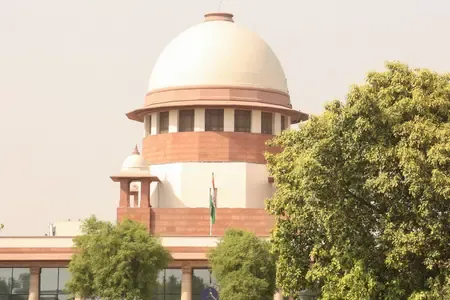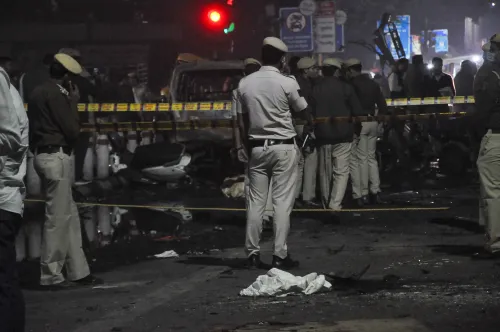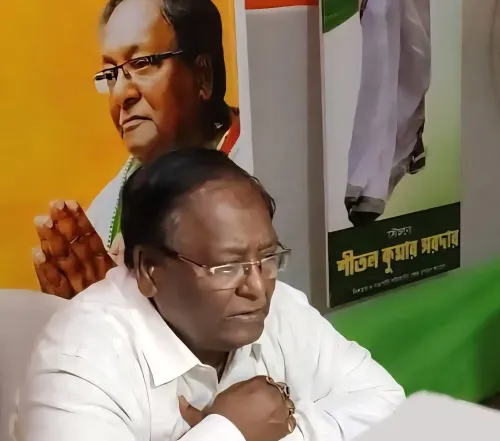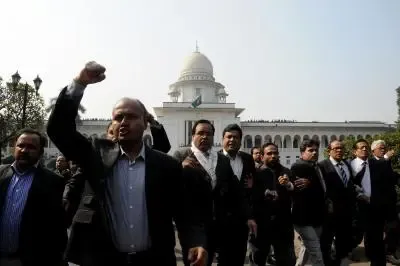Has the Supreme Court Given a Final Chance to Five States for Remission Policy Implementation?

Synopsis
Key Takeaways
- Supreme Court grants two-month deadline for states to implement remission policies.
- Focus on timely consideration of remission cases to prevent unnecessary incarceration.
- High Courts will oversee the implementation process.
- Legislative amendments required for Kerala.
- Importance of compliance with judicial directives.
New Delhi, Nov 13 (NationPress) The Supreme Court has provided a final and last chance to five states—Assam, Himachal Pradesh, Meghalaya, Uttar Pradesh, and West Bengal—to implement their premature release policies for convicts. A bench led by Justices M.M. Sundresh and Satish Chandra Sharma, while addressing the suo motu case titled 'In Re: Policy Strategy for Grant of Bail', which investigates systemic issues regarding bail and remission policies nationwide, has provided a two-month deadline for the defaulting states to ensure complete compliance with previous directives.
The court noted the comments made by Amicus Curiae Liz Mathew, stating that the five states have not yet adopted and executed the draft remission policy and necessary amendments needed to adhere to earlier rulings.
During the proceedings, the Justice Sundresh-led bench acknowledged the state governments' claims that they would finalize the necessary actions within the specified two months.
Accepting this request for time, the court remarked: “Thus, we provide a last and final opportunity of two months for the states of Assam, Himachal Pradesh, Meghalaya, Uttar Pradesh, and West Bengal to ensure comprehensive compliance from the date of this ruling.”
The Supreme Court also recognized Kerala’s partial compliance and allotted four months for legislative changes to require justification when denying premature release requests.
Furthermore, it emphasized the importance of prompt consideration of remission cases, suggesting state governments should initiate this process “at least six months before a convict becomes eligible to prevent unnecessary incarceration after eligibility for premature release is achieved.”
Importantly, the Supreme Court accepted the amicus’ recommendation for High Courts to oversee the implementation process. “We urge the Hon’ble Chief Justices of the respective High Courts to register a suo motu writ petition. Subsequently, a Division Bench should be formed to monitor and supervise the implementation of remission and premature release policies of the respective states,” it stated.









